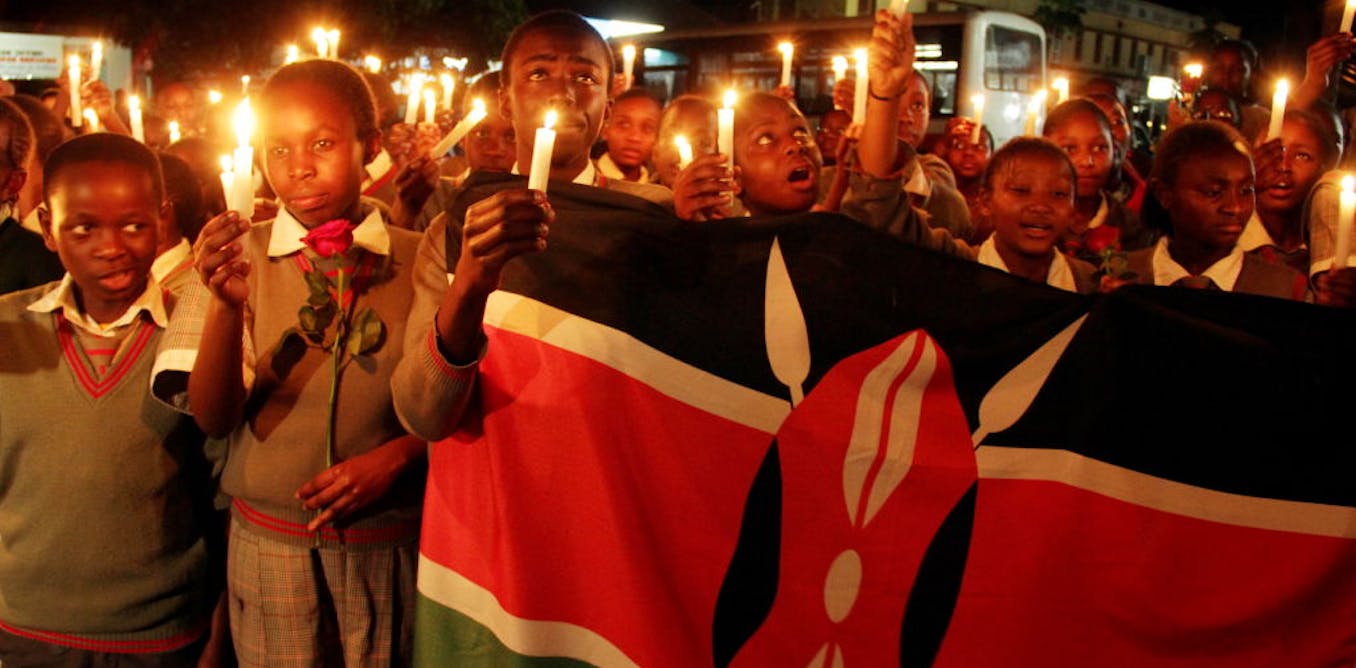Al-Shabaab: sensational media reports about Kenyan terror attacks keep kids out of school
Sensational reporting on terror attacks in Kenya is keeping children out of school, with dire consequences for their education and their futures.
That is the conclusion we came to in a recent paper that examines how local media reporting on terrorist attacks affected primary school enrolment in Kenya between 2001 and 2014.
Continued here